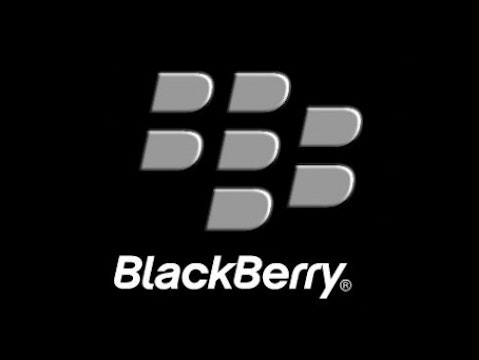If you want to know how to lose $80 billion in market cap all you have to do is ask Research In Motion Ltd (NASDAQ:BBRY). BlackBerry (formally known as Research in Motion) fell from grace as Apple Inc. (NASDAQ:AAPL)‘s iPhone stole away its customers and as corporations started implementing “buy your own device” programs. Back in the second quarter of 2008, Research In Motion Ltd (NASDAQ:BBRY) was riding the smartphone trend to new highs, getting 53.6% of the US market, according to IDC.
Oh but how the mighty have fallen, with IDC reporting that BlackBerry is in fourth place in the world (Microsoft Corporation (NASDAQ:MSFT)‘s Windows OS is now placed third) and that the company’s US market share is only 5.1% (according to comScore). In order to reverse this, BlackBerry has released two new smartphones, the Z10, which is touch-based, and the Q10, which has a keyboard.
The Q10 could be Research In Motion Ltd (NASDAQ:BBRY)’s savior as it can appeal to older users once again with a physical keyboard, which is easier for some, primarily those in the 40-or-older category, to use. The Q10 release was delayed in the US until June, so some could say that there is still some hope left.
Earnings bust
BlackBerry posted earnings last Friday and missed expectations by posting a surprise loss for the quarter on lower-than-expected revenue. Research In Motion Ltd (NASDAQ:BBRY) posted a loss of $0.13 a share versus expectations for an $0.08 profit on revenue of $3.1 billion, which missed by $300 million. BlackBerry sold 6.8 million smartphones in its latest quarter, with 2.7 million of them running on BlackBerry’s newest OS, BB10. BlackBerry shares crashed 27.5% on the news, and were down more in after-hours trading.
Still hope for a turnaround?
BlackBerry’s hopes rest on the continued adoption of BB10 and strong sales from the Q10 in the US. Part of the bull case for BB10 is that the Q10 has a physical keyboard, which could appeal to an older demographic as most smartphones have no physical keyboard. This could enable BlackBerry to win back corporate clients and add to its 76 million subscribers.
Some 40% of BlackBerry’s revenue comes from software and services. But if smartphone shipments continue to fall, the company will start losing subscribers and have revenue erode. This would spell doom for BlackBerry and would crater its stock price even further. In Q1 2012, there were 9.7 million Research In Motion Ltd (NASDAQ:BBRY)’s sold, which fell to 6.3 million in Q1 2013. The 6.8 million does represent a 500,000 increase quarter-over-quarter, but it might not be enough to stop clients from leaving.
The other turnaround
As Research In Motion Ltd (NASDAQ:BBRY) shipments fell as the company lost ground in the smartphone market, this other beleaguered phone maker saw its turnaround take effect. Nokia Corporation (ADR) (NYSE:NOK)‘s Lumia handsets, which run on Microsoft Corporation (NASDAQ:MSFT)’s Windows Mobile OS, are beginning to gain some steam. In the last quarter of 2012, Nokia Corporation (ADR) (NYSE:NOK) sold 4.4 million Lumia handsets, and in the first quarter of 2013 that number climbed to 5.6 million.
Management has guided for at least 7 million being sold this quarter. According to Kantar Worldpanel, Windows is now 5.6% of the US market, with 85% of those phones being made by Nokia. Microsoft Corporation (NASDAQ:MSFT) has teamed up with Nokia to enter into the area, which is heavily dominated by Apple Inc. (NASDAQ:AAPL) and Google Inc (NASDAQ:GOOG). Together Apple Inc. (NASDAQ:AAPL)’s iOS and Google’s Android control 92.3% of the smartphone market.
Nokia’s turnaround effort seems to be working, and Microsoft Corporation (NASDAQ:MSFT)/Nokia Corporation (ADR) (NYSE:NOK) have a good chance of taking 5% of the global smartphone market and 10% of the US market by the end of 2013. The roll-out of the 928, 925, and the super cheap 521 (which costs $150 in total) will boost Nokia’s market share, and Microsoft will make money on the OS licensing fees.
Microsoft Corporation (NASDAQ:MSFT) is desperately trying to get into the mobile arena, both with its Nokia venture and by lowering licensing fees for PC/tablet manufacturers. Now companies like Dell Inc. (NASDAQ:DELL) can sell a PC/tablet combo for $400, which could turn around flagging PC sales and boost revenue for Microsoft. While it will take a small hit on its margins, in the long run it is a good move for Microsoft.






